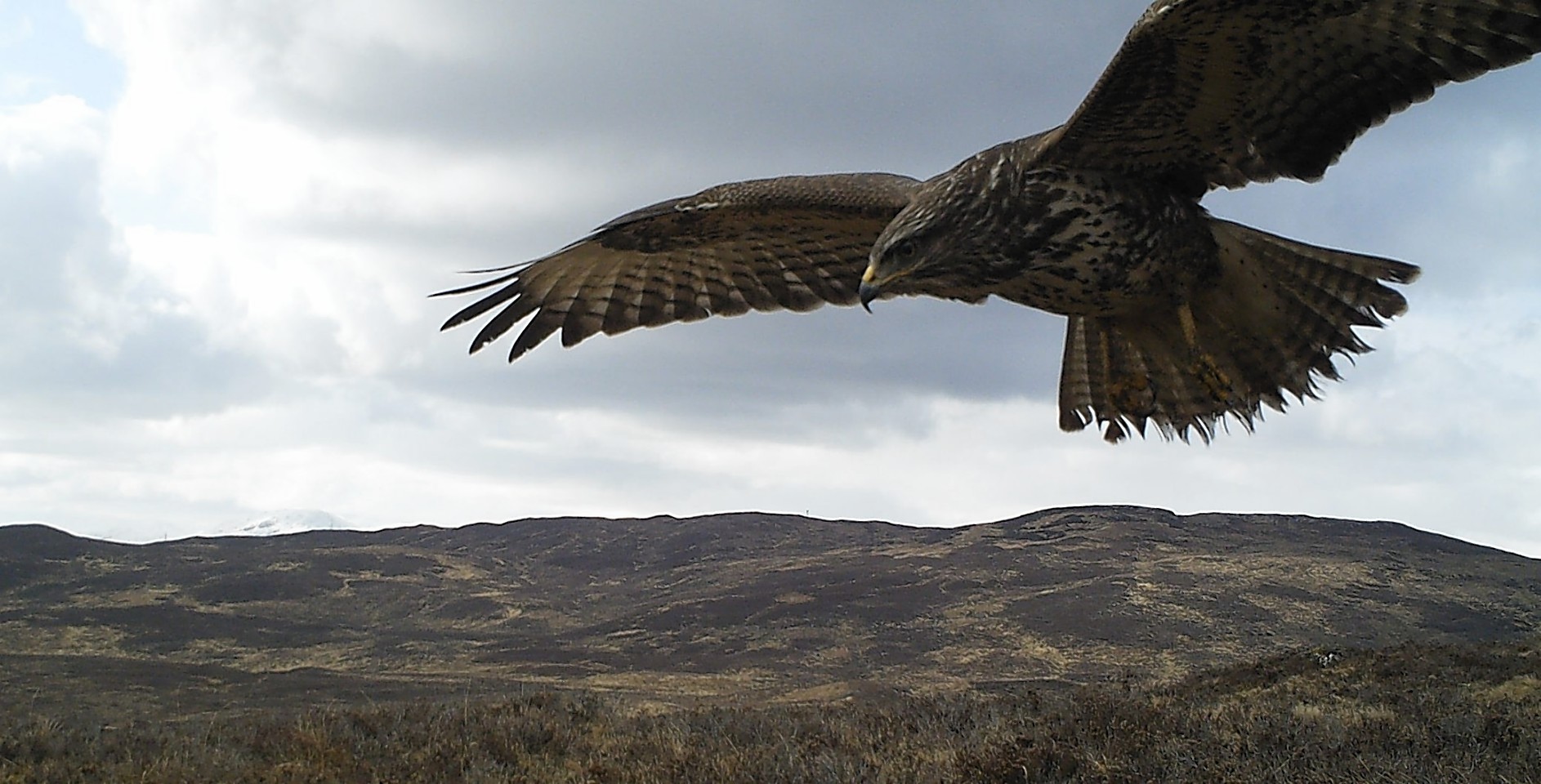A national nature organisation today brought in new powers to help fight wildlife crime.
Scottish Natural Heritage (SNH) will refuse farmers and estate owners general licences to trap or shoot wild birds on land where there is evidence of wildlife crime against birds.
Decisions will be made on the basis of strong evidence provided by police, and will be based on a less stringent civil standard of proof, rather than the criminal standard of proof.
The poisoning of more than 20 raptors in the Conon Bridge area of the Black Isle in March led to campaign groups calling on MSPs to push for new SSPCA powers.
Police are currently investigating the death of six buzzards in the Fordoun area of Aberdeen-shire.
General licences allow landowners or land managers to carry out actions which would otherwise be illegal, including controlling certain types of birds for conservation purposes or to protect crops or livestock.
These new measures mean that where SNH has evidence that indicates that wildlife crime has been committed on an area of land, then the use of these licences can be restricted there.
The measures will be backdated so that action will be taken where there is evidence of wrongdoing since January 1, 2014.
Restrictions will prevent people from using the general licences on the land in question for three years. This period will increase if more evidence of offences comes to light.
Paul Wheelhouse, Scotland’s minister for the Environment and Climate Change, said: “I am confident these new measures will be a powerful new weapon in our armoury in the fight against those perpetrating raptor persecution in Scotland and hopefully will deter those who might be tempted to commit such a selfish criminal act that stains Scotland’s reputation and potentially damage the rural economy.
“I am both angry and very frustrated that a criminal minority continues to kill and persecute these magnificent birds for their own selfish ends.”
Ian Ross, SNH’s chairman, said: “Because of the remote locations where most wildlife crime takes place, it’s often difficult to prove. So we need every tool we can to fight against those who persecute raptors in Scotland.”
Duncan Orr-Ewing, head of Species and Land Management at RSPB Scotland, said: “We welcome the package of measures that are being introduced by the Scottish Government to tackle this problem, including powers to SNH to remove the use of the Open General Licence from estates where there is evidence of wildlife crime occurring.
“Other proposed improvements to enforcement of wildlife protection laws, such as increasing the powers of the Scottish SPCA to investigate wildlife crime should also be implemented quickly.”
